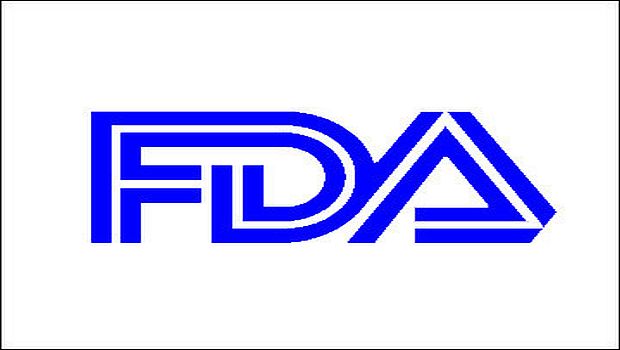FDA names Welch acting supplement chief as former Yale professor leads CFSAN
Susan Mayne, a former Ivy League professor and the new director of the Center for Food Safety and Applied Nutrition, said this week in a Q&A that she was "recused from issues involving the dietary supplement industry."

Over the course of the last 10 months, FDA has named four officials to temporarily oversee its dietary supplement division. Cara Welch is the new head of the division and is expected to serve in that capacity for four months.
Welch has been with the agency for about a year and previously served as senior vice president of scientific and regulatory affairs with the Natural Products Association (NPA).
“She speaks … two languages both regulatory and industry," said Daniel Fabricant, executive director and CEO of NPA.
Industry representatives had expressed optimism that FDA would move closer to retaining a permanent supplement chief after it brought on board a new director of the Center for Food Safety and Applied Nutrition (CFSAN). The thinking was that CFSAN’s new director would play a role in hiring a permanent director of the division of dietary supplement programs.
There may be a wrinkle in those plans. Susan Mayne, a former Ivy League professor and the new director of CFSAN, said this week in a Q&A that she would not handle issues pertaining to the dietary supplement industry.
“Dr. Mayne is recused from issues involving the dietary supplement industry because her husband works for a pharmaceutical company that has a dietary supplement component, and he has related financial interests in the company," Siobhan DeLancey, an FDA spokeswoman, explained in a statement. “Accordingly, under the law, Dr. Mayne must not work on official matters that can affect her husband’s company either directly or as part of a class. She will be relying on other leadership within OFVM [Office of Foods and Veterinary Medicine] and CFSAN to deal with dietary supplement issues."
A federal criminal conflict of interest statute, 18 U.S.C. § 208, actually bars an executive branch employee (such as CFSAN’s new director) from participating in a government action that would benefit his or her spouse, according to the U.S. Office of Government Ethics.
FDA did not disclose the identity of Mayne's husband or where he works. She is married to James Mayne, according to a March/April 2014 Yale publication. He may be employed at Pfizer as a senior director, but I was unable to confirm his employment with the pharmaceutical giant, which did not immediately return a phone call seeking comment. (Pfizer Consumer Healthcare manufactures and markets non-prescription medicines, nutritional products and vitamins).
Susan Mayne hails from the Yale School of Public Health where she held the position as C.-E.A. Winslow Professor of Epidemiology and Chair, Department of Chronic Disease Epidemiology. Mayne is the author or co-author of more than 200 scientific publications, and she has researched the role of food, nutrition and obesity as risks for chronic disease, FDA said.
“I was attracted to the FDA by the potential to use science to impact public health in a way that was difficult in an academic setting," explained Mayne, who also served as Associate Director of Yale Cancer Center, in the Q&A.
Mayne’s scientific background contrasts with her predecessor, Michael Landa, an attorney who led CFSAN for more than four years.
How Mayne’s recusal will affect the naming of a permanent supplement chief, and dietary supplement division generally, remains to be seen.
Michael Landa is Mayne’s predecessor. Fabricant, who served as FDA’s last permanent supplement director, said he communicated virtually every day with Landa.
Fabricant explained there are many layers to government and that issues he raised would Landa might go up through the chain of command to leaders at the U.S. Department of Health and Human Services, and sometimes, the White House.
While Mayne may work on broad policy issues that would affect several areas including dietary supplements over which CFSAN has authority, it’s highly unlikely she would recommend action on matters that are specific to supplements, such as whether or not to bring an enforcement action against a company.
Mayne's need to recuse herself from supplements could put a greater burden on the deputy directors of CFSAN, but it doesn’t mean she will be kept in the dark on issues affecting the industry, Fabricant said.
“Recusing yourself doesn’t mean you don’t get information," he said.
But it does affect Welch's chain of command. She will report to Ted Elkin, the current deputy director for regulatory affairs at CFSAN, DeLancey said. If Welch needs approval higher up the ladder for an action, the matter will be decided by Mike Taylor, deputy commissioner for foods and veterinary medicine.
About the Author(s)
You May Also Like






.png?width=800&auto=webp&quality=80&disable=upscale)